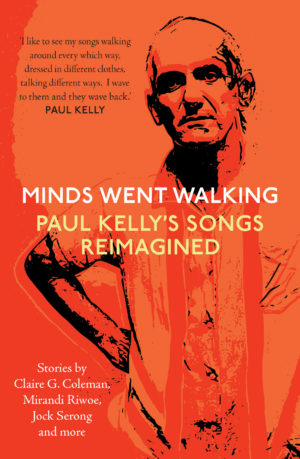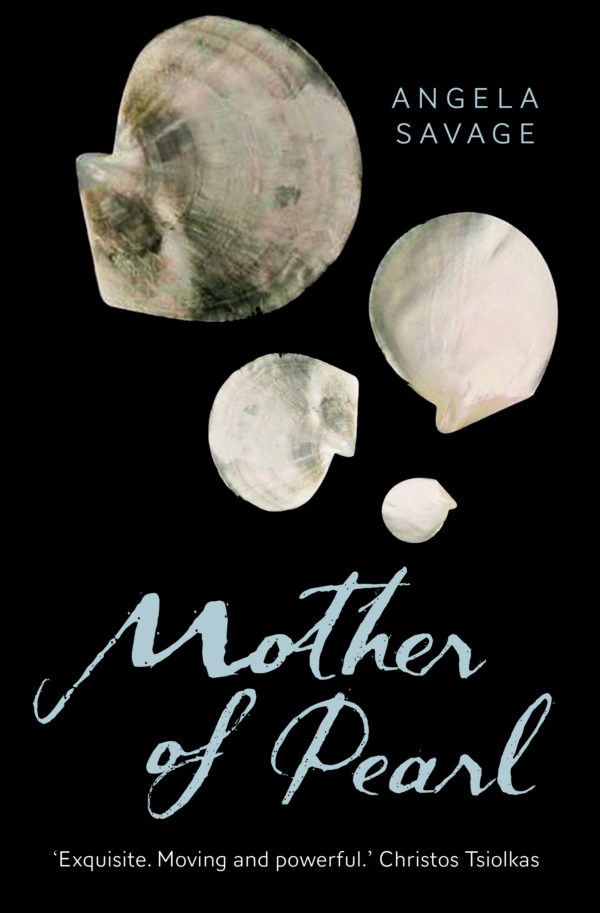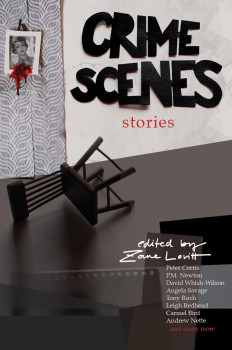 Having recently reached my threshold for sadistic violence, I decided to take a break from my regular diet of crime fiction and try something else in my TBR pile, starting with If the moon smiled by Sri Lankan born writer, now living in Australia, Chandani Lukogé.
Having recently reached my threshold for sadistic violence, I decided to take a break from my regular diet of crime fiction and try something else in my TBR pile, starting with If the moon smiled by Sri Lankan born writer, now living in Australia, Chandani Lukogé.
If the moon smiled tells the story of Manthri, whose charmed girlhood in Sri Lanka comes to an abrupt end with her marriage to Mahendra. When their wedding night produces no bloodstained sheet, Mahendra accuses Manthri of ‘treacherous adultery’, despite her protests of innocence. The perceived dishonour poisons their relationship. Mahendra, when he isn’t cruel, is indifferent; and even when old and grey, ‘has not forgiven himself, nor her.’
Manthri has no say over Mahendra’s decision to relocate the family — by then they have two children, daughter Nelum and son Devake — to Adelaide in South Australia. Mahendra wants to escape ‘living in this small country like frogs in a well’. Manthri fears the impact of the new country on her family, wondering how ‘the brown and green jigsaw puzzle of Australia’ she sees from the plane will fit them in. ‘Would we be sawed into new shapes?’
Her fears turn out well-founded as over the years, Manthri grows estranged from Nelum and Devake, who are inevitably reshaped by their new environment. At the same time, despite having been brought up to believe her own destiny was written on the palm of her hand, Manthri secretly wills her children to take control of their lives, even knowing it will widen the gulf between them. Lukogé portrays with great poignance how the immigrant experience involves dislocation with both the past and the future.
If the moon smiled takes its title from a line in the poem The Rival by Sylvia Plath:
If the moon smiled, she would resemble you.
You leave the same impression
Of something beautiful, but annihilating.
And it is as though every key aspect of Manthri’s life — her upbringing, marriage, migration, motherhood — contains ‘something beautiful, but annihilating’.
If the moon smiled is profoundly sad story, almost unbearably intimate at times; and yet paradoxically, a pleasure to read due to the beauty of the writing.
Her parents’ wedding photograph hangs from the side wall. She contemplates it. Marriages started off dressed up in pearly white sequins, and ended up stripped to bone…
Her father stands behind her mother in her white bridal glory. His hand rests on her shoulder. Nelum feels the hand bearing down more heavily on them each day.
The novel offers unique insights into Sri Lankan culture. Some of its rituals, like those to mark the onset of puberty — the confinement, the special diet, the gifts of gold jewellery from father to daughter — are almost enviable. Others, like the requirement to present a stained sheet to the groom’s mother after the wedding night, are frightening in their catastrophic potential.
Manthri’s life is changed irrevocably by the tragedy of her wedding night, an injustice to which she appears resigned. Although she never loses her ability to derive joy from memories and possibilities, her bravest thoughts remain unspoken. Her character reminded of a line in Simone Lazaroo’s novel, The Travel Writer, about how lack of opportunity can be mistaken for passivity.
If the moon smiled by Chandani Lukogé (2000) is published by Penguin.







Angela – This sounds like a powerful look at a family as well as the way that culture impacts that family. Absolutely fascinating, if sad. And the immigrant experience can’t help but have its effects too. I think this is one of the reasons for which each family is unique; all of these factor affect families a little differently. From the snippets you’ve included her, it seems well-written too.
LikeLike
It’s an exquisite read, Margot, and highly insightful.
LikeLike
Pingback: Sept – Nov 2013 Roundup: Diversity | Australian Women Writers Challenge
Pingback: My year of reading 2013 | Angela Savage
Pingback: Sept – Nov 2013 Roundup: Diversity | New Australian Women Writers Challenge Blog